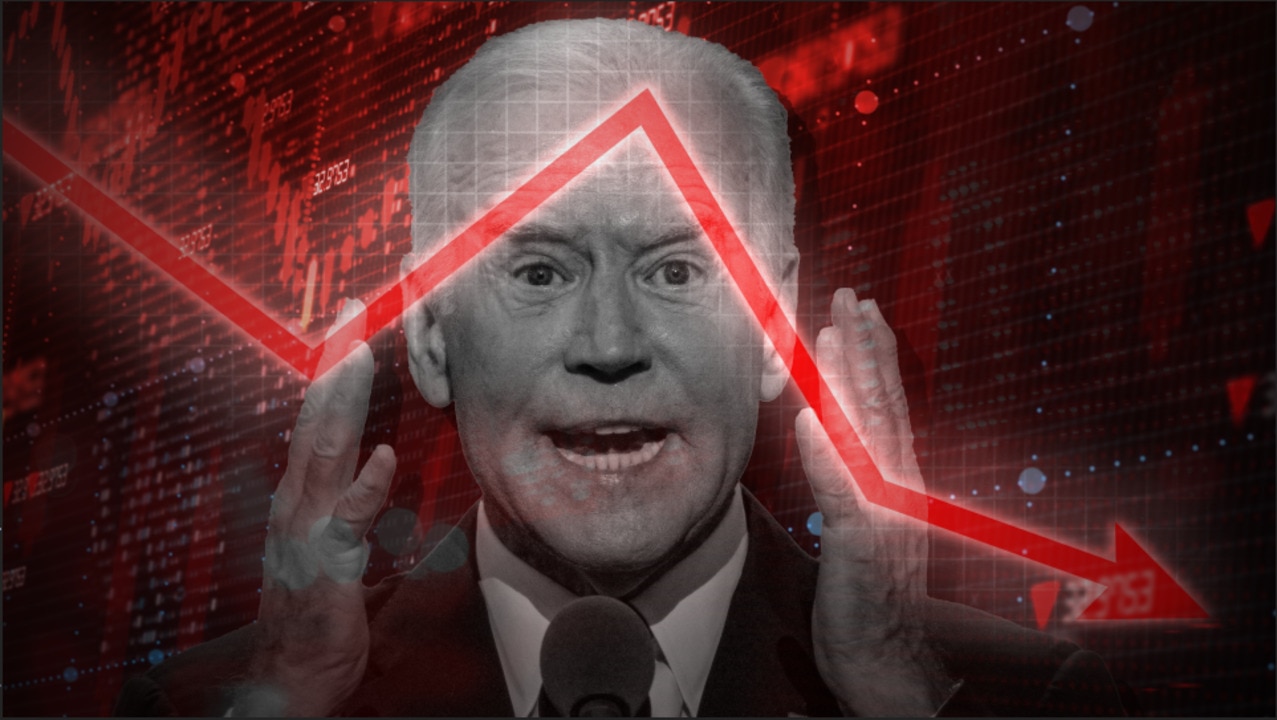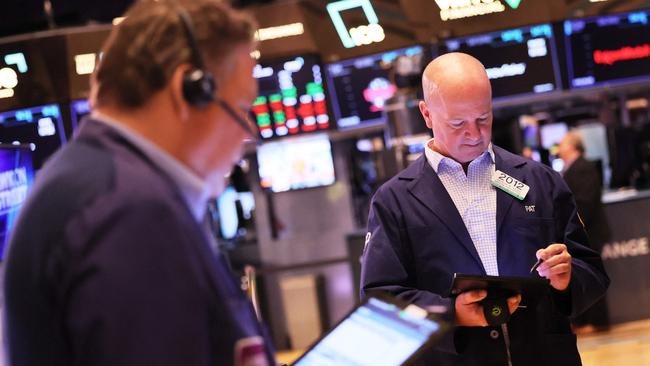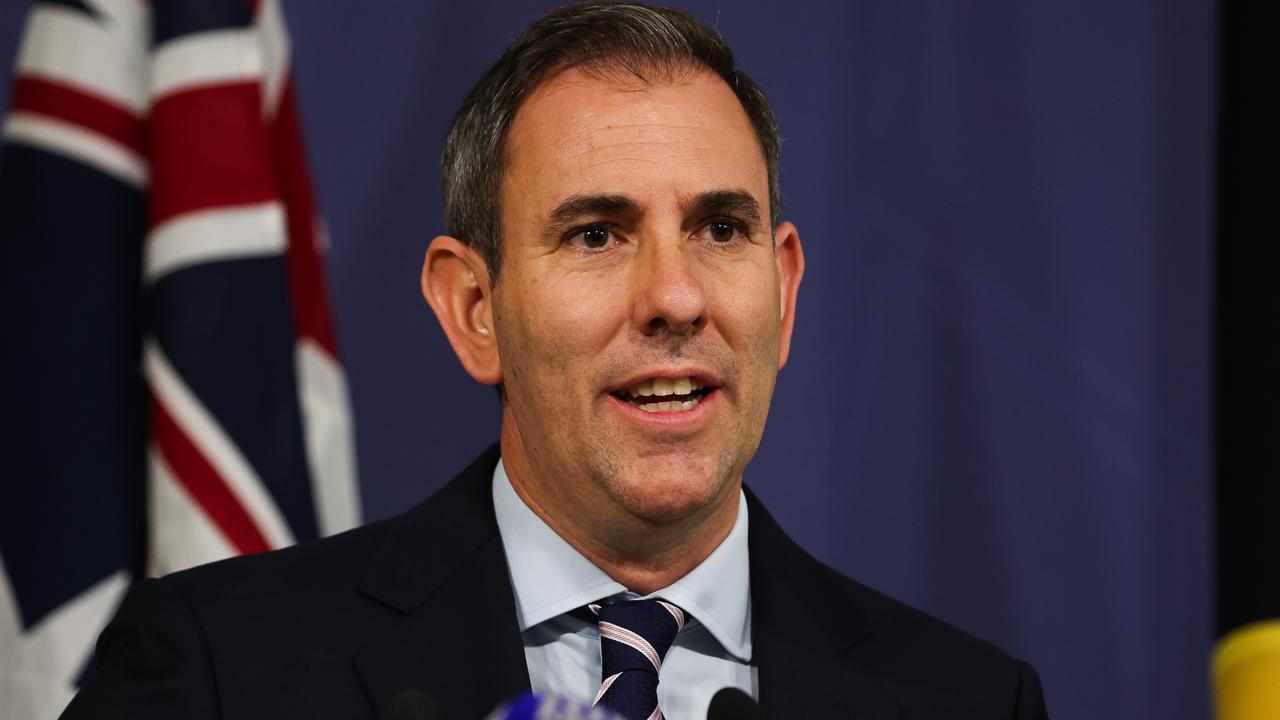Prominent US investor Jeremy Grantham warns of a US share ‘bubble’ and recession
Famed US investor Jeremy Grantham has flagged a 70 per cent chance of a recession in the world’s largest economy in the short term.

Jeremy Grantham has doubled down on his warning of a bubble in US shares while continuing to be downbeat about real estate, but maintains that the green revolution hype is fully warranted.
The legendary 84-year-old contrarian investor and co-founder of Boston-based investment company GMO, said there had “never been a bull market in history that’s started from such high prices”.
After falling 35 per cent early in the Covid-19 pandemic, the S&P 500 surged 120 per cent from March 2020 to April 2022 on the back of unprecedented monetary and fiscal policy stimulus.
The US benchmark dived 27 per cent as the Fed responded to persistently-high inflation with the fastest increase in interest rates in decades. But from October 2022 it bounced 32 per cent as a rapid cooling of inflation gave hope of a “soft landing” and artificial intelligence stocks soared.
“I don’t think we’re in a new bull market,” Mr Grantham said at a Livewire Live event in Sydney.
“A dozen giant American stocks have had a hell of a run on the back of AI.
“The problem is, prices are incredibly high, and basically, the economy is beginning to unravel.
“So it’s a head fake, but it’s a hell of a head fake, and AI will be around for decades.”
He said the surprising thing about the “2021 speculative bubble” was the extent of its concentration in the US share market, which he likens to the tech bubble of 2000.
The world now faces as many long-term problems as there have been in modern times.
“I think that is eroding at the edges already and will continue to erode, and even if we do better, we go through periods of substantially more pain than we had yet,” he said.
He pegged the chance of a US recession in the short term at 70 per cent.
Of the $US1.5bn in his charitable foundation, 75 per cent is invested in early stage “green” venture capital. The rest of the foundation is invested in liquid short equity positions.
His investing preference if he were running money now would be underweight US equities, overweight non-US equities, and “very careful with real estate all over the world.”
“The last 20 years of declining mortgage rates have driven real estate to really crushing high multiples of family income – so high that young people can’t buy a house and that applies every bit as much in the US, Canada, the UK, Australia, New Zealand, and China and most of Europe,” he said.

If forced to buy US stocks, he would concentrate on quality, as he’s “very nervous about an eventual financial trouble” and “quality protects you to some considerable degree.”
In the long run, he sees climate change stocks having “incredible top-line revenue growth driving forward, like Tesla and electric vehicles versus the dopey VWs and old-fashioned cars.”
“So this is the area with the wind in your sails, and to fight it would be a terrible mistake,” he said.
Asked whether he would choose shares in large diversified resources companies like BHP and Rio Tinto or a basket of lithium stocks, Mr Grantham said he would buy “both” of those options.
“We don’t have enough metal to green the global economy,” he said.
“We don’t have enough lithium, cobalt, nickel, or copper. These are all scarce resources.”
Moreover, the world went through a “sharp turning point” in 2002.
A 70 per cent fall in an inflation-adjusted commodity index last century was a “hell of a help in getting rich”. But after falling to an index level of 30, it has risen to the 90s since 2002.
“It’s trebled. The world has changed. It used to be that technology more than made up for the deeper holes, and the thinner ore, and now they do not,” Mr Grantham said.
“There’s still technology, but the shortage is more powerful, and the technology is less powerful than it was for 100 years, and now on average, irregularly, in that horrible lurking way that we all hate so much in resources, the prices are going up.
“We live in a world now of not occasional, but fairly regular shortages. You have a glut for a year or two, but there are other shortages, and then the original shortage comes back again.”
Mr Grantham said the world was “not going to be rolling in commodities ever again”.
“It’s going to be more painful finding resources, and more expensive, and of course, slightly inflationary and slightly depressing on growth rate compared to good over,” he said.
His favourite measure for overvaluation of real estate is house prices relative to incomes, which in the US has risen from 3 times to 10 times since 1998, and in Australia to “God knows what it is”.
He said inequality was “the poison in the capitalist systems” and “inequality has increased in almost every developed country, and “massively because the US”, which was unequal as Mexico and Brazil.
“This is not a good way to run a ship – you end up with this disgruntlement of almost everybody,” Mr Grantham said.
“Almost everybody in America feels “this country needs to be saved from the rich and powerful.”
In his opinion, the solution could be found via the tax system or slightly stronger trade unions.




To join the conversation, please log in. Don't have an account? Register
Join the conversation, you are commenting as Logout